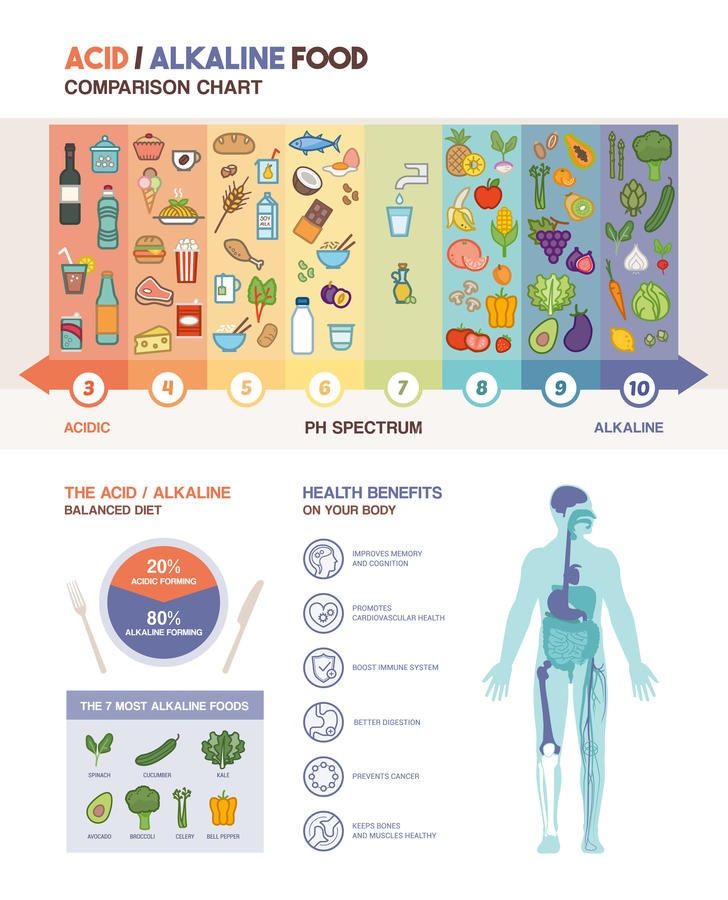There is a reason why drugs and alcohol are not tolerated in our society. They may make us happy for a short time, but they are harmful to our health. The health damages result from the chemicals that alter normal body functions. They also have an impact on our mental health.
The state of a person’s emotional and psychological well-being is referred to as their mental health. The way you view things, your way of thinking, and your emotional reactions all are part of your mental health.
Drugs and alcohol alter the chemical balance in the brain and impair the processes that allow us to feel, think, sense, and make decisions. However, the consequences of substance or alcohol abuse do not become apparent right away. In the long term, they severely affect our mental health, and here is how:
1. Drugs Damage The Normal Brain Functionality
Our mental health depends entirely on our brain and its functionality.
The brain is the most sophisticated of all organs in the human body. Its functioning relies on a network infrastructure of neurons. In this system, neurons send and receive information between different areas in the brain and other body parts to coordinate every single function in your body.
Drugs disrupt the way neurons transmit, acquire, and process information in the regular course of things. Depending on the drugs used, various brain areas are impacted.
While substances may provide a brief sense of joy, the negative effects can sometimes be long-lasting. Impeded cognitive and language function, memory problems, and a loss of self-control are just a few of these side effects.
2. Chronic Alcohol Abuse Has Multiple Negative Effects
Alcohol, like drugs, affects the communication mechanisms between the brain cells. Although alcohol may help you feel invigorated, cheerful, and focused at first, it really depresses your neurological system.
You can see this effect in action after several drinks when you start having problems with synchronizing your motions and speaking clearly. Long-term consequences of alcohol abuse include cognitive impairment, memory loss, stress, and depression. In severe cases of long-term abuse, it can lead to liver damage and cancer.
3. Drugs And Alcohol Lead To Memory Loss
Whenever you use drugs or have more than a couple of drinks, you may experience partial memory loss. You don’t remember what you did the last night. Such “blackouts,” are indeed a sign that you’ve drunk too much.
Though it doesn’t always mean that your memory-related brain cells have been destroyed, excessive drinking and drug abuse on a regular basis might permanently harm the memory cells. You will start to feel the effect when you have a hard time remembering facts or words.
These can gradually lead to severe memory loss problems like Alzheimer’s disease, Lewy body dementia, frontotemporal dementia, etc. However, memory loss problems can be reversed if they are addressed early.
The brain will be able to recover and start to function normally after the user quits drugs and alcohol. That is why early addiction intervention is necessary to avoid severe memory loss problems.
4. Drugs And Alcohol Are Intertwined With Depression And Anxiety
Anxiety, depression, drugs, and alcohol have a two-way connection. Depression and anxiety can worsen as a result of drug abuse. On the flip side, depression and anxiety can lead someone to use drugs and alcohol to relieve their uncomfortable symptoms.
According to the American Psychiatric Association, depression is a mental disease that produces severe despair and a number of other negative emotions. Another symptom is a lack of enthusiasm for previously enjoyed activities. If not addressed, it might cause issues in your love and social life, career, and education.
And depression is one of the leading causes of suicide. Especially teenagers and young adults are prone to taking drugs and drinking alcohol to cope with their depressive episodes, which may ultimately lead them to even more severe depression.
Anxiety is described as continuous, intense, and overwhelming worrying and fear about everyday situations. These emotions are difficult to manage and so out of context with the real threat. Anxiety is common among different age categories, from young adults to older people.
Drugs and alcohol intensify people’s emotions, and if someone is already suffering from anxiety, it gets even worse. Despite this, many people try to relieve their anxiety with drugs.
These conditions might cause people to self-medicate with substances in a way to feel better. However, once their effects wear off, the user is usually left feeling even more anxious and depressed than ever before, leading them to use the drug again and eventually develop an addiction.
5. Substance Abuse Impairs Your Decision Making
In order to deal with the stress, we sometimes turn to alcohol and, in some cases, drugs. At the same time, it is not wrong if we decide to enjoy a glass of wine at the end of a long day. But using alcohol or drugs regularly as a coping mechanism for stress can indeed be harmful.
Although you feel calmer for some time after taking a drug, once the impact wears off, you’re back to dealing with pretty much the same stress. This might drive you to use the drug again, establishing a destructive cycle.
Consider this: while you’re drunk or high, you’re more likely to make poor judgments. Poor judgment ultimately leads to bad decisions. Some examples include: using your credit card for impulsive shopping, trying to get involved with somebody who is wrong for you, destroying a relationship, and so on.
As quickly as the effects of the drug wear off, you’ll be faced with all the consequences of your actions. These will inevitably make you feel even more stressed than before.





Nice article i went from drinking like a fish in my earlier years to perhaps having one or two drinks a year 🙂